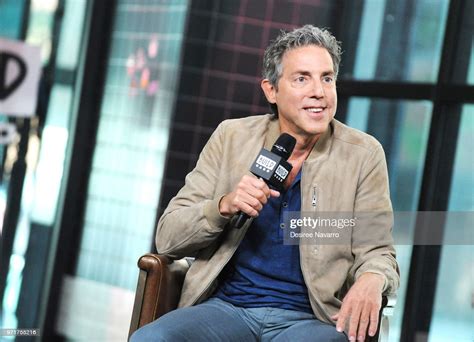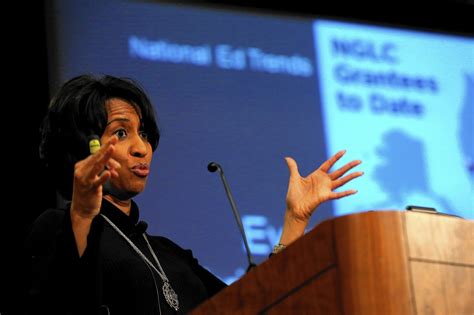A Quote by Roy Sekoff
Data coming out our ears but we lack narrative.
Related Quotes
In my view, our approach to global warming exemplifies everything that is wrong with our approach to the environment. We are basing our decisions on speculation, not evidence. Proponents are pressing their views with more PR than scientific data. Indeed, we have allowed the whole issue to be politicized-red vs blue, Republican vs Democrat. This is in my view absurd. Data aren't political. Data are data. Politics leads you in the direction of a belief. Data, if you follow them, lead you to truth.
Science has done absolutely nothing about noise. The worst design flaw in the human body is that you can't close your ears. The reason you can't close your ears is, if a lion was coming, you had to wake up. Today no lions are coming. Beeping trucks are coming. I read the other day that the guy who invented the beep when trucks go backward, he died. I thought: Of course - he dies, I have to listen to it.
I would like people to be more aware of the fact that ultimately we are paying for things, and it's not just as privacy advocates point out that we're paying with our time and our data. We're also paying with money, because the hundreds of billions of dollars spent on advertising is just factored into the cost of the goods that we buy. It's all coming out of our pocket, just in a really roundabout way.
Everything you say or allow into your eyes or ears becomes data that is stored in your heart. That data is later replayed during your prayer. If you want to know what is filling your heart, look at what you think about in your prayer. If you want to guard your heart, guard your eyes, ears, and tongue.
The big thing that's happened is, in the time since the Affordable Care Act has been going on, our medical science has been advancing. We have now genomic data. We have the power of big data about what your living patterns are, what's happening in your body. Even your smartphone can collect data about your walking or your pulse or other things that could be incredibly meaningful in being able to predict whether you have disease coming in the future and help avert those problems.
Let's look at lending, where they're using big data for the credit side. And it's just credit data enhanced, by the way, which we do, too. It's nothing mystical. But they're very good at reducing the pain points. They can underwrite it quicker using - I'm just going to call it big data, for lack of a better term: "Why does it take two weeks? Why can't you do it in 15 minutes?"
I think we have to continue to protect women on social media, who are coming out in a world that can still be very harsh towards them, so that they do not feel that they are alone. And of course, some of these attacks happen on social media, so we do need to provide a counter narrative - a supportive narrative - so that the voices of those that are punitive towards women does not become the dominant voice.




































